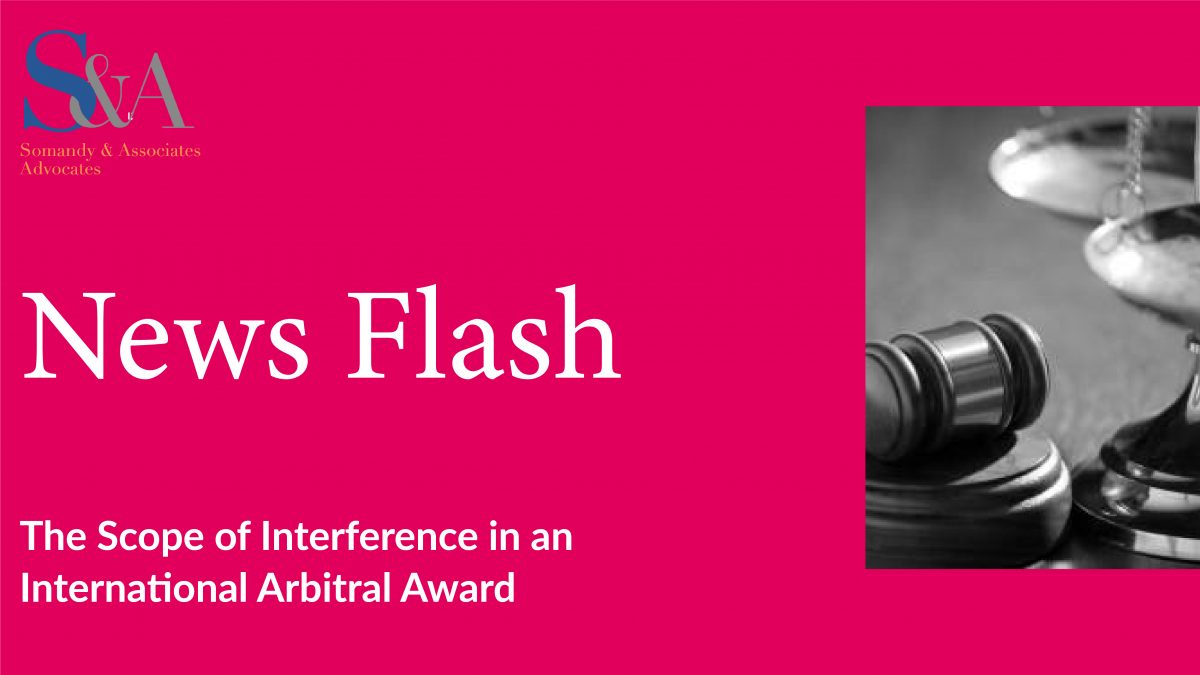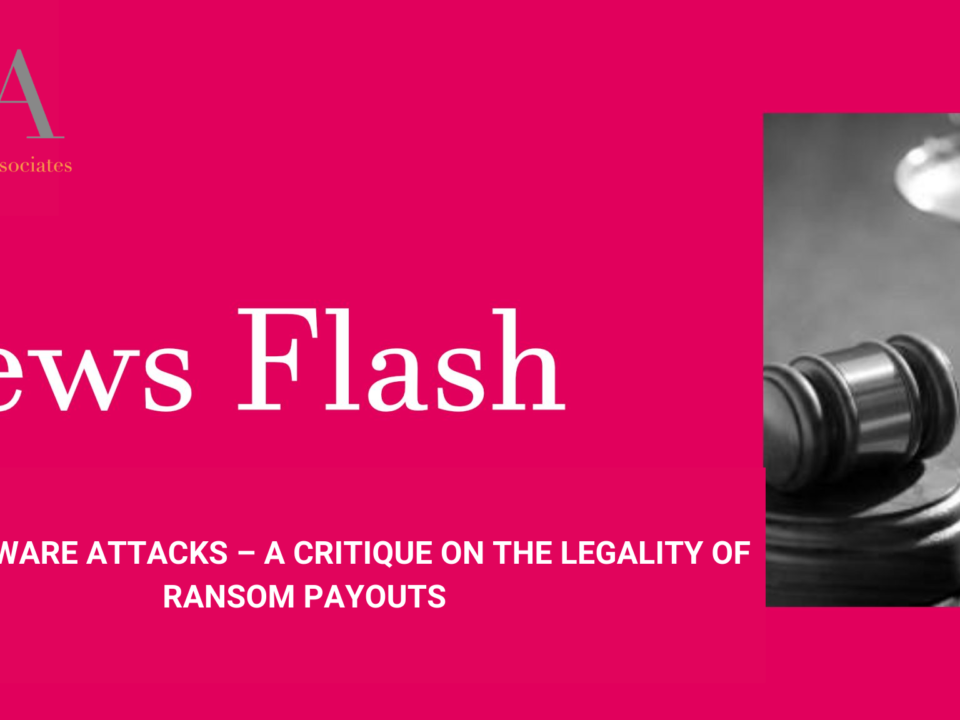
Examining The Scope Of Interference In An International Arbitral Award In Light Of Section 34 Of The Arbitration & Conciliation Act
A recent petition filed before the Delhi High Court under Section 34 of the Arbitration and Conciliation Act, 1996 in the case of SAIL v. Jaldhi Overseas PTE Ltd., the Court observed that the scope of interference in an international arbitral award was limited.
In the instant case, SAIL is a Public Sector Enterprise, inter alia, engaged in manufacture of steel while JOPL, a company incorporated in Singapore, is engaged in the business of maritime logistics including vessel operations and chartering and was the claimant before the Arbitral Tribunal. The parties had executed a Charter Party whereby JOPL agreed to load, carry and discharge cargo to ports in India. In terms of the Charter Party, SAIL paid 90% of the agreed consideration. However, it withheld the admitted balance amount payable to JOPL for the reason that it had raised a claim of damages against JOPL in respect of another contract – Contract of Affreightment. The dispute arose on the grounds that JOPL had not provided a vessel under the Contract of Affreightment for the 20th shipment and SAIL was compelled to make alternate arrangements for the same. In light of the above circumstances, the matter was referred to arbitration.
The Arbitral Tribunal observed that the Charter Party was a standalone contract for one shipment of Coking Coal, the Contract of Affreightment was a contract for multiple shipments of limestones over a period twelve months. Additionally, it was held that there was neither any provision in either of the two contracts nor any understanding between the parties that payments under one contract could be set off against claims under the other contract. On perusal of the same, the tribunal ruled in favour of JOPL on the grounds that there was no nexus between the two contracts.
Therefore, a pertinent issue for determination was whether the High Court was empowered under the provisions of Section 34(2) of the A&C Act to interfere with the findings recorded by an international tribunal? Additionally, whether the interest awarded at the rate of 12% per annum compounded with quarterly rests, was excessive and disproportionate?
Whilst dealing with the first issue, the Court relied upon the decision of the Apex Court in Ssangyong Engineering & Construction Company Limited v. National Highways Authority of India wherein it was held that an award arising from an international commercial arbitration can be assailed only on the limited grounds as specified under Section 34(2) of the A&C Act.
In the present case, the impugned award had been made after due notice to the parties and there was no subject matter of disputes that was arbitrable. There were no grounds, whatsoever, to assert that the decision of the Arbitral Tribunal to reject SAIL’s contention falls foul of the fundamental policy of Indian law. Moreover, it was concluded that whether set off could be claimed is a matter of discretion of the Court adjudicating the claim. SAIL could not claim it as a matter of right and in the given set of facts and circumstances as there was no ascertained debt owing by JOPL to SAIL.
Further, while adjudicating upon the issue of compound interest, the observations made by the Supreme Court in Renusagar Power Co. Ltd. v. General Electric Co. were brought to light. Vide the said decision, it was acknowledged that there are number of legislations, which provide for payment of compound interest. It is also a norm of the banking industry to charge compound interest with either monthly or quarterly rests. Therefore, it was concluded that an arbitral award cannot be held to be contrary to the fundamental policy of Indian law only because one of the parties is awarded compound interest.
In the aforesaid premises, the Court observed that since the impugned award was an award arising out of an international commercial arbitration therefore, it cannot be assailed on the ground of patent illegality as contained in Section 34(2A) of the A&C Act.



